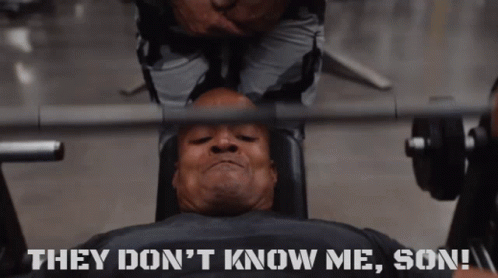Your Cart is Empty
⚡Free shipping on all powders, subscriptions and all orders over $75⚡
⚡Free shipping on all powders, subscriptions and all orders over $75⚡

Electrolytes & Strength Training
Like a lot of runners, every year I tell myselfthis is the year I’m going to take strength training seriously. And yet, somehow, I always manage to lace up for every single run while mysteriously skipping the gym. It’s like magic—except the only thing disappearing is my commitment to lifting weights.
This year, I made a New Year’s resolution: 75 strength workouts in 2025. Simple, measurable, and, unfortunately, already behind schedule. But as I (slowly) work my way into a more balanced training routine, I’ve been thinking a lot about how electrolytes play a role in strength training—because hydration isn’t just for endurance athletes.


Electrolytes—like sodium, potassium, magnesium, and calcium—are essential for muscle function, and strength training puts serious demands on them. When you lift, your muscles contract, and those contractions are triggered by electrical signals sent through your nervous system. Electrolytes help conduct those signals, ensuring your muscles fire properly and efficiently.
If you’re low on electrolytes, you might notice symptoms like cramping, premature fatigue, or just feeling sluggish under the bar. And since lifting sessions don’t usually leave you drenched in sweat like a long run, it’s easy to underestimate how much you’re depleting those crucial minerals.

As a runner, I’ve always thought about hydration in terms of kilometers and sweat loss. But in strength training, hydration plays a different role. It’s not just about replacing lost fluids—it’s about keeping your muscles functioning optimally. Proper hydration supports muscle contraction, reduces the risk of cramps, and even aids in recovery.
Drinking plain water is fine, but without electrolytes, you’re not fully replenishing what your body needs. That’s where a high-electrolyte hydration source comes in handy (and yes, I promise this isn’t just a sneaky plug for WakeWater—but also, you know where to find it).
One thing I’ve quickly learned is that lifting is only half the battle—recovery is where the real progress happens. Electrolytes help prevent dehydration-related muscle breakdown, and sodium specifically aids in nutrient absorption, helping your body refuel faster.
As I (hopefully) get back on track with my 75-session goal, I’m treating electrolytes as part of my strength training toolkit, just like I would for a long run. In fact, I’m trying to think of them the same way I think about protein—an essential part of recovery and muscle growth. Just like I wouldn’t skip protein after a workout, I’m making sure I’m getting enough electrolytes to support my training and recovery.
If you’re a fellow runner finally committing to the weight room, don’t sleep on hydration—it might just be the edge you need to actually stick with it this time.
Now, if you’ll excuse me, I have a few missed strength sessions to make up for…
